
Tips for Summer Vacation for Families with Children

Covid-19 (Novel coronavirus disease) affects children much less than adults. Nevertheless, families with children planning to go on vacation during the 'new normal' process that began with the control of the pandemic want to know how to behave and what to pay attention to. Here are some tips for families with children for summer vacation in the new normal:
How Should Summer Vacation with Children Be in the New Normal?
Go on Vacation by Your Own Vehicle
Since the risk of virus transmission is higher in public transport, it will be safer to use your own vehicle or rent a car for vacation. If only family members are in the car, you can run the air conditioning while ensuring that the air does not directly hit the children. This way, it prevents the driver from being uncomfortable or fainting while driving with a mask under the sun on a long road.
Swim in the Sea, Not in the Pool
According to some opinions, since chlorination prevents the virus from being active, pools are also safe; however, the chlorine level is not suitable for babies and children. During this process, the sea seems to be safer than the pool.
Go to Calm Places Where You Can Follow Social Distancing Rules
Maintaining social distance is one of the most important issues to pay attention to while vacationing in the new normal process. Therefore, it is necessary to prefer calm places where there are not too many people, and if you are going to swim, make sure the beach is clean. If you are going to vacation at a facility, do not forget to inquire about the facilities provided for babies and children in advance.
It Is Dangerous to Make Children Under 2 Years Old Wear Masks
It is necessary to avoid making children under 2 years old wear masks. Because the respiratory physiology is different in this age group, masks can lead to dangerous consequences, even suffocation.
Hand Washing Habit Should Continue During Vacation
Washing hands properly is one of the main measures that protect people from diseases. Therefore, while vacationing with children in the new normal process, this issue needs to be taken very seriously. Ensure that your child washes their hands properly for 20 seconds before and after eating, before and after using the toilet, after touching shared materials in places like the sea and playground, and after getting out of the vehicle.
Ensure Your Child Gets Half an Hour of Sun Every Day
The number one source of vitamin D is the sun. To ensure your child receives vitamin D and benefits from the other positive effects of sunlight, make sure their face, neck, arms, and legs are exposed to the sun between 10:30 - 11:00 or 14:00 - 15:00. Do not use sunscreen during this time.
During noon, the sun is directly overhead and can harm children's skin. In the mornings and late afternoons, the sun's rays come at a steep angle, so sufficient benefit cannot be obtained from the sun. Therefore, it is recommended to prefer the above hours.
Exercise with Your Child
During the pandemic, some of us remained inactive for nearly 3 months. However, it is necessary to lead an active life to strengthen the immune system. While vacationing in the new normal, regularly exercise with your child. Swim, go for walks, ride a bike.
Red and Purple Fruits Strengthen the Immune System
Pay attention to balanced nutrition during vacation. Include seasonal fruits in your child's daily diet that have antioxidant properties and strengthen the immune system, such as cherries, grapes, blackberries, mulberries, and plums. Do not allow them to eat fast food or pastries. Avoid skipping meals and eating a monotonous diet.
Make Sure Your Child Drinks Enough Water
Do not wait for your child to say "I'm thirsty" to give them water. Ensure they drink plenty of water throughout the day to protect them from the negative effects of heat and weather changes.
Sleep Routine Should Continue During Vacation
Disruption of the sleep cycle negatively affects the immune system. Therefore, during vacation, pay attention to ensure your child does not go to bed and wake up much later than usual. Be as meticulous about sleep routine as you are at home.
(Recommendations: Pediatric Health and Diseases Specialist Dr. Elif Köşeli Şahin)
Nanny and Caregiver Selection Other Content in the Category
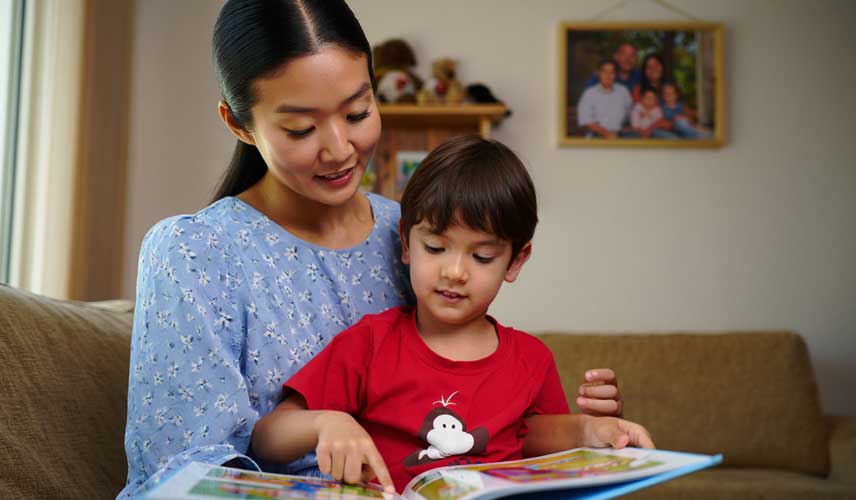
Nanny and Caregiver Selection
Preferred Filipino Caregiver at Work
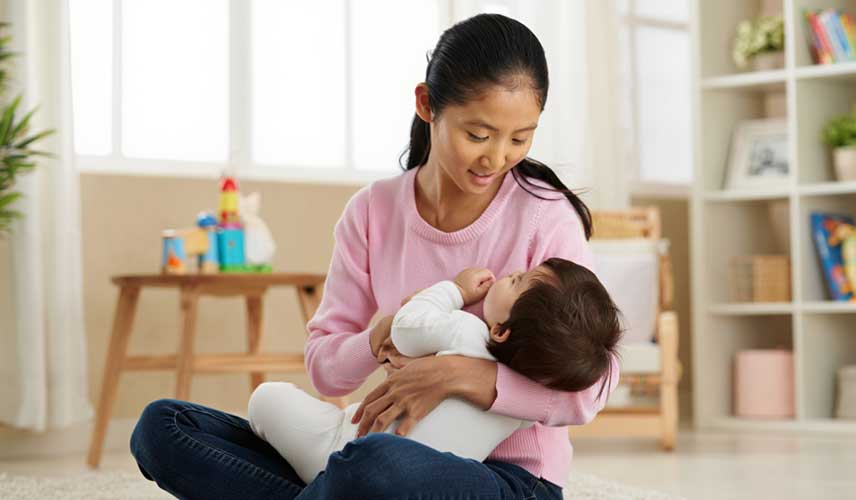
Nanny and Caregiver Selection
Characteristics of Filipino Caregivers
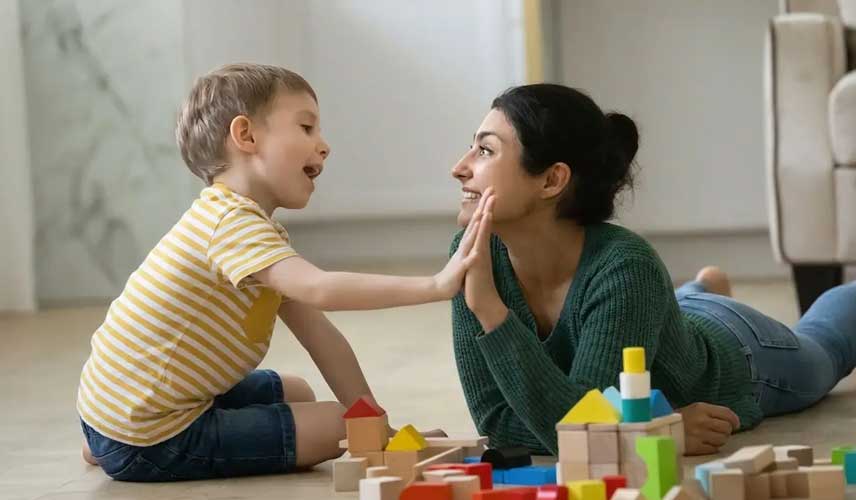
Nanny and Caregiver Selection
Common Mistakes Families Make When Choosing a Babysitter

Nanny and Caregiver Selection
Tips for Those Looking for Daytime Caregivers
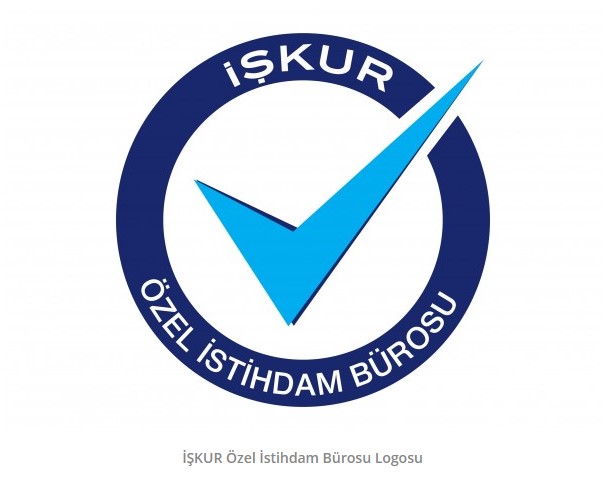
Nanny and Caregiver Selection
We are a Private Employment Agency
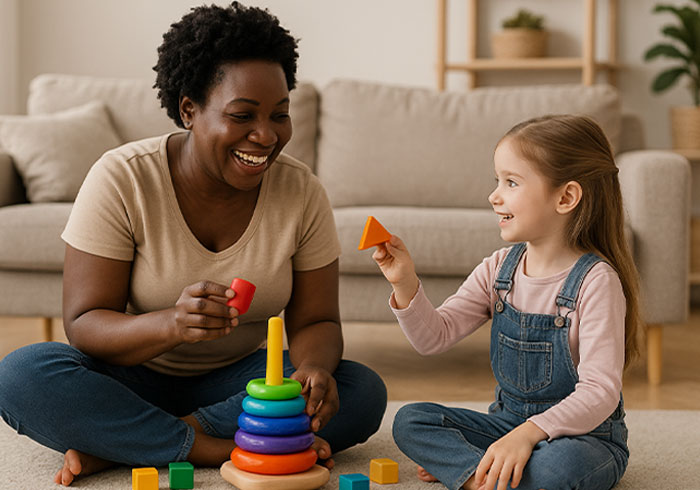
Nanny and Caregiver Selection
2026 Bakıcı Maaşları
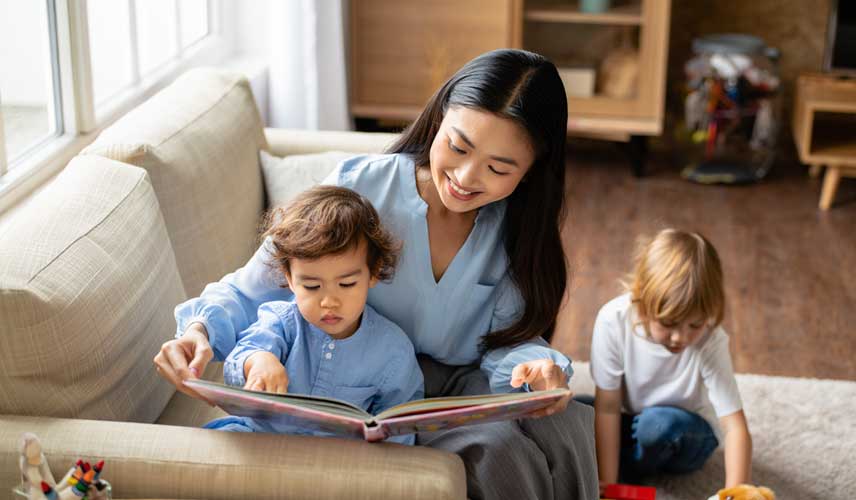
Nanny and Caregiver Selection
Why Are Filipino Caregivers So Popular?
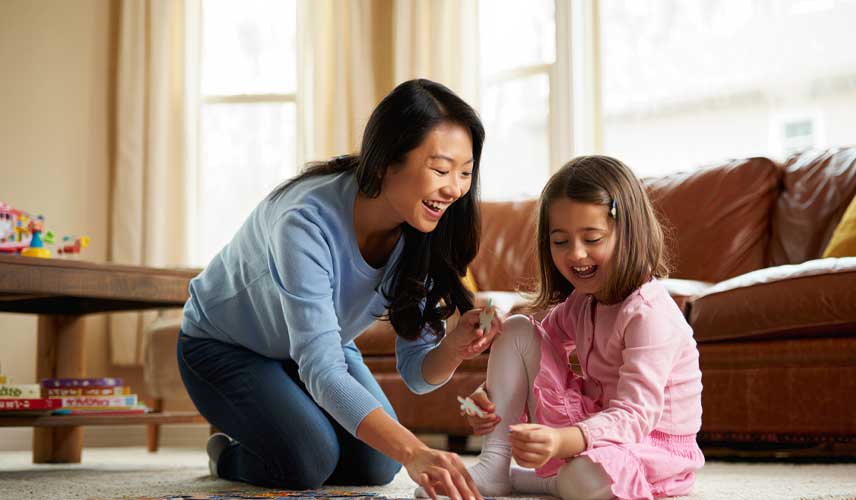
Nanny and Caregiver Selection
Caregiver Salaries 2025
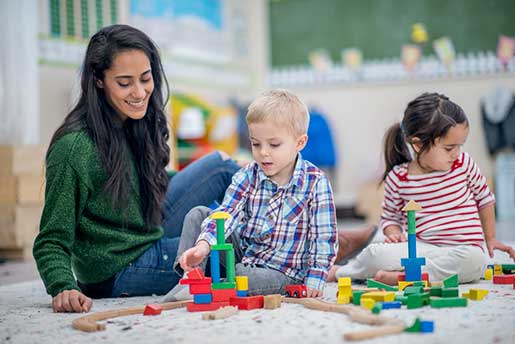
Nanny and Caregiver Selection
Caregiver Selection During the Pandemic Process
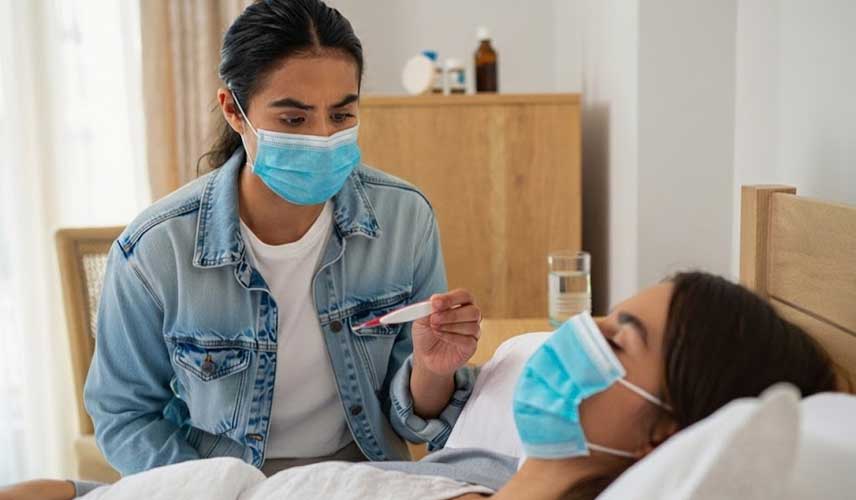
Nanny and Caregiver Selection
Corona Caregiver
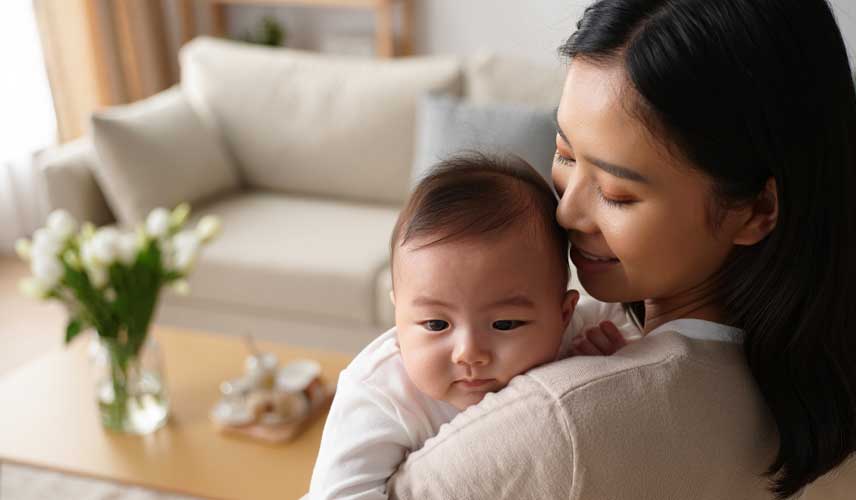
Nanny and Caregiver Selection
How to Prepare a Babysitter Job Advertisement?
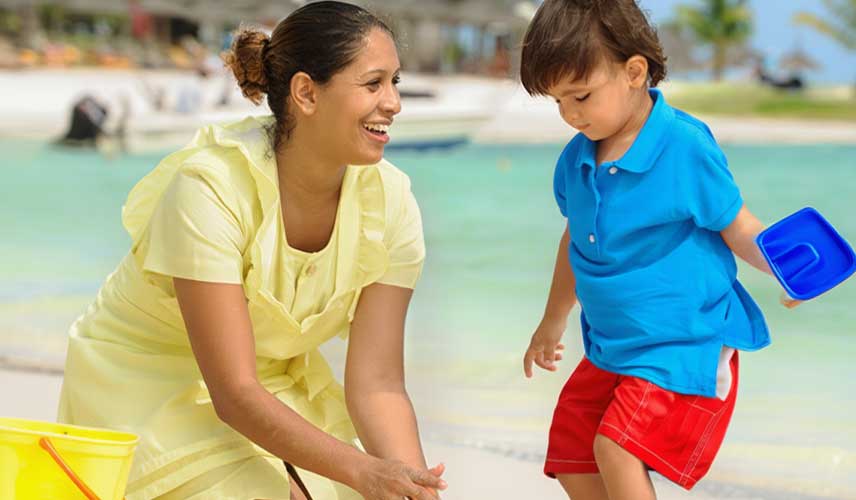
Nanny and Caregiver Selection
5 Tips for Vacationing with a Caregiver

Nanny and Caregiver Selection
Tips for Summer Vacation for Families with Children

Nanny and Caregiver Selection
Why Choose a Foreign Nanny

Nanny and Caregiver Selection
